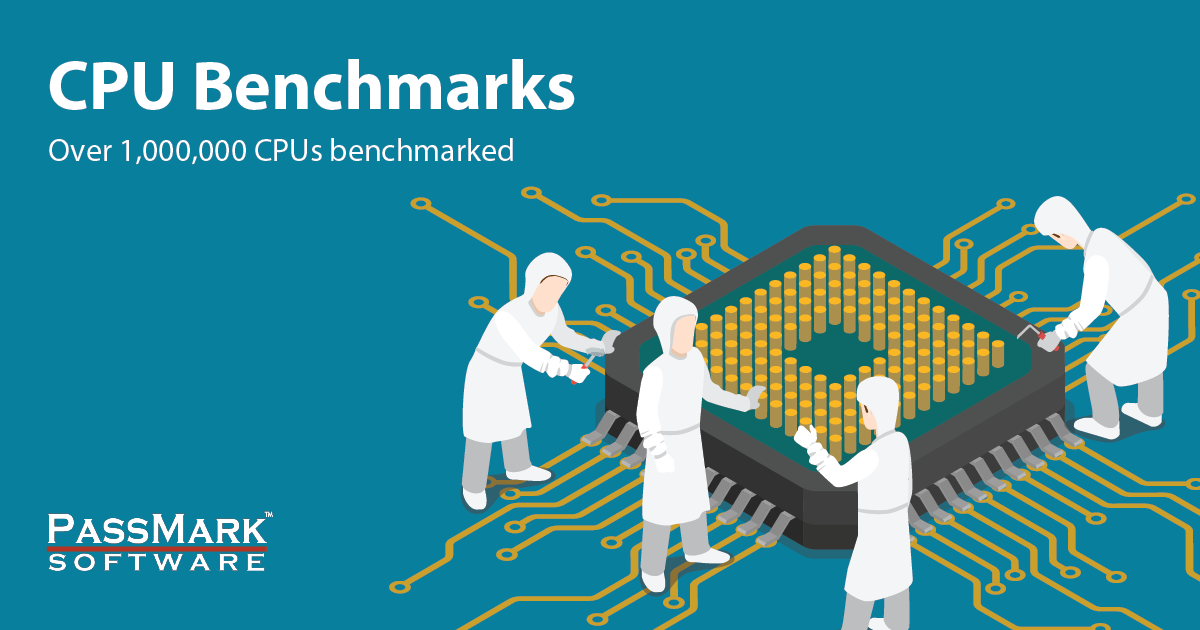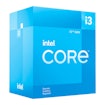Ok, could really do with some of you oldISh schoolers help.
I am still on an old setup from around 2013 which has stood the test rather well as I put a gtx 1070 in it.
Motherboard = X79 Dark "EVGA has launched their latest X79 Dark motherboard featuring the LGA 2011 socket to supports Intel's high end Sandy Bridge-E and upcoming Ivy Bridge-E processors."
CPU = (Intel Xeon 1650) its scoring a rather lowly 8,072.

I would love to hold off a big upgrade until I really need to so I was wondering, what would be the fastest, or one of the fastest processors I could put in that motherboard as I think I could get a decent boost from simply changing the CPU but I am unsure which one.
The company blurb about the MOBO says it will support the "Ivy Bridge-E processors"
And I have seen a list here (https://www.cpu-list.com/lga2011-cpu-list/eng/) which suggests my motherboard will support one of the higher spec Xeon processors and go from around 8,000 on passmark to around 14,000 which I would see as a worthy upgrade, especially as those CPUS are quite cheap.
I do a mixture of gaming and threaded app stuff like 3d rednering and adobe after effects etc.
Can any of you advise what would be the best option for me to get more CPU from this motherboard and what CPU you would advise?
many thanks, lets try and keep the old girl alive!
I am still on an old setup from around 2013 which has stood the test rather well as I put a gtx 1070 in it.
Motherboard = X79 Dark "EVGA has launched their latest X79 Dark motherboard featuring the LGA 2011 socket to supports Intel's high end Sandy Bridge-E and upcoming Ivy Bridge-E processors."
CPU = (Intel Xeon 1650) its scoring a rather lowly 8,072.

PassMark Intel vs AMD CPU Benchmarks - High End
PassMark Software - CPU Benchmarks - Over 1 million CPUs and 1,000 models benchmarked and compared in graph form, updated daily!
www.cpubenchmark.net
I would love to hold off a big upgrade until I really need to so I was wondering, what would be the fastest, or one of the fastest processors I could put in that motherboard as I think I could get a decent boost from simply changing the CPU but I am unsure which one.
The company blurb about the MOBO says it will support the "Ivy Bridge-E processors"
And I have seen a list here (https://www.cpu-list.com/lga2011-cpu-list/eng/) which suggests my motherboard will support one of the higher spec Xeon processors and go from around 8,000 on passmark to around 14,000 which I would see as a worthy upgrade, especially as those CPUS are quite cheap.
I do a mixture of gaming and threaded app stuff like 3d rednering and adobe after effects etc.
Can any of you advise what would be the best option for me to get more CPU from this motherboard and what CPU you would advise?
many thanks, lets try and keep the old girl alive!




